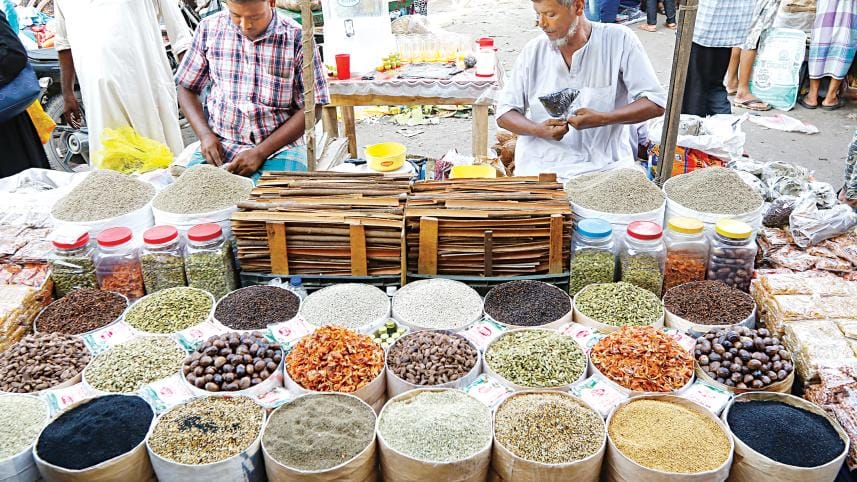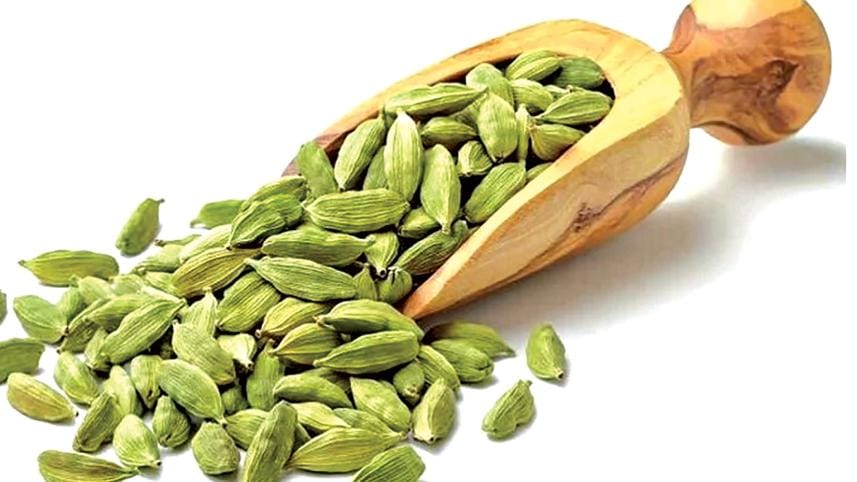Under-invoicing skews cardamom market

Chattogram-based Especia International Trading received the delivery of a 10-tonne cardamom consignment in mid-January. The trader declared the import price at $7.5 per kilogramme.
After adding import expenses, customs duties, and shipping charges, the price of the spice reached around Tk 1,450 per kg.
But the company sold the spice at Tk 4,200 per kg in wholesale, while the prices rose to Tk 4,500 in retail.
Compared to the import cost, cardamom is being sold at more than three times the price in the retail market.
Is the import price of cardamom really $7.5 per kg?
Although cardamom is an essential spice item, a steep 59 percent duty is levied on its import. Market insiders say this prompts importers to bring in the item through under-invoicing to evade the duty, with declared prices as low as $7.5 per kg against actual costs of $15-$20.
When contacted, Tanmoy Das, the proprietor of Especia International Trading, declined to comment on the issue.

Several importers, speaking on condition of anonymity, said that the actual import cost ranges from $15 to $20 per kg.
However, to evade duties, they declare only $7 to $7.5 per kg through banking channels, while the remaining payment is made via informal money transfers or hundi.
They further explained that the product carries around 59 percent customs duty, amounting to Tk 540 per kg of cardamom. If the actual import price was declared, the duty payable would rise to Tk 1,100 to Tk 1,150 per kg.
The importers argue that cardamom should be classified as a necessary item rather than a luxury product and that the duty rate should be reduced to 20 percent to 30 percent from the existing rate of 59 percent.
Reducing the tax burden would encourage truthful import declarations, as the high duty rate is the main reason for the underreporting, they claimed.
Shah Alam, a retailer at Riazuddin Bazar, stated that consumers are not reaping any benefits, even though cardamom was being imported through tax evasion.
Importers have raised the price of cardamom by Tk 200 per kg in the past few days without any reason, he added.
Evidence of under-invoicing in cardamom imports has surfaced, but customs officials have yet to confirm the matter.
They say verifying under or over-invoicing requires cross-checking import documents, banking records, packaging lists, invoice copies, and shipping papers through the exporting firm.
However, the process is time-consuming and does not always yield accurate results.
To address this, customs officials rely on the product's selling price in the local market to estimate its actual import value, as per customs valuation rules.
Using a general market assessment method, they adjust the valuation price of imported goods to prevent revenue loss and curb duty evasion, customs sources said.
Mohammad Qausar Alam Patwary, deputy commissioner of Chattogram Custom House, told The Daily Star that they were aware of importers underreporting costs compared to actual import expenses.
"A committee has been formed to investigate the matter, and they have collected the wholesale and retail prices of the goods. However, the committee has not yet submitted its report, and further action will be taken once it is received," he said.
He added that he was unaware of the exact market prices gathered by the committee and that further clarity would come after the report was submitted.
A customs official who participated in the market assessment, speaking on condition of anonymity, stated that their survey found the wholesale price of cardamom ranging from Tk 4,000 to Tk 4,500 per kg, with premium varieties priced even higher.
According to the Middle East-based e-commerce platform Tadling.com, the price of cardamom in the United Arab Emirates (UAE) is between $15 and $18 per kg.
In India and Malaysia, it ranges from $14 to $18 per kg. The majority of cardamom imports are made from India, the UAE, Guatemala, and Malaysia.
According to Chattogram Customs data, at least 21 companies, including Especia International, cleared around 600 tonnes of cardamom worth Tk 120 crore in the last three months (November 2024 to January 2025).
Customs and banking records show that the declared import price ranged from $6.7 to $7.5 per kg.
Traders said that the annual demand for cardamom in Bangladesh is around 6,000 to 7,000 tonnes.




 For all latest news, follow The Daily Star's Google News channel.
For all latest news, follow The Daily Star's Google News channel.
Comments